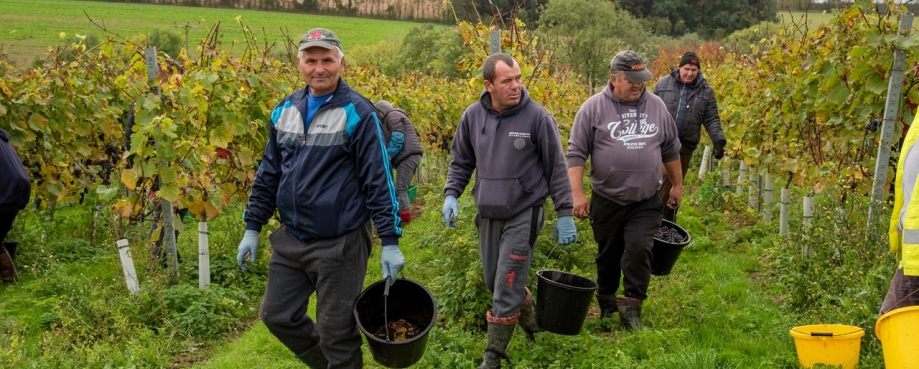
This week the UK government responded to an Independent Review into labour shortages in the food supply chain, announcing several new commitments, among them is a five-year extension of the Seasonal Agriculture Workers Scheme (SAWS) and an investigation into the use of the ‘Employer Pays Principle’.
The SAWS enables individuals to come to the UK and work in the horticulture and poultry production sectors. The scheme relies on those who choose to migrate to pay their own way to UK shores, resulting in too many cases where migrant workers arrive via the SAWS in significant debt, vulnerable to further exploitation and unable to access enough work during their stay to settle debts or earn a profit.
Although this is not true for all who migrate via the SAWS, too many workers continue to face this fate. While an extension of the scheme is important to give growers and others some sense of continuation while other commitments are put in place, this alone is not enough. More needs to be done to ensure the costs migrant workers incur to bring food to UK and European markets, are shared along the value chain.
ETI welcomes the government’s decision to open the door for much needed improvements, as stated in their response:
“The government remains open to making improvements to the visa route throughout its 5-year extension and will explore the feasibility of potential improvements in due course.”
“In committing to the extension of the Seasonal Worker visa route the government will remain unwavering in its commitment to reduce the risks of labour exploitation and modern slavery”
“This includes our commitment to investigating the use of the Employer Pays Principle for the Seasonal Worker visa route.”
ETI Director Peter McAllister says “There is an urgent need for improvements in the scheme, that includes the reduction of risks of labour exploitation and modern slavery, and the Employer Pays Principle. Workers should not arrive in the UK already in debt and without a guarantee of being able to make a profit. ETI will continue to work with others to ensure these changes are put in place in way that is fair and sustainable.”
